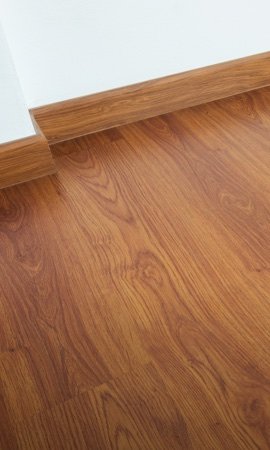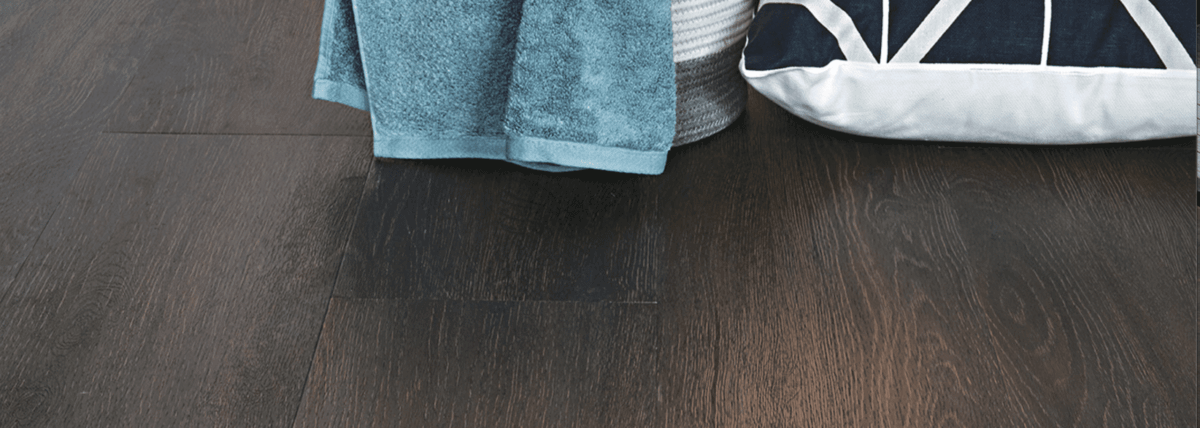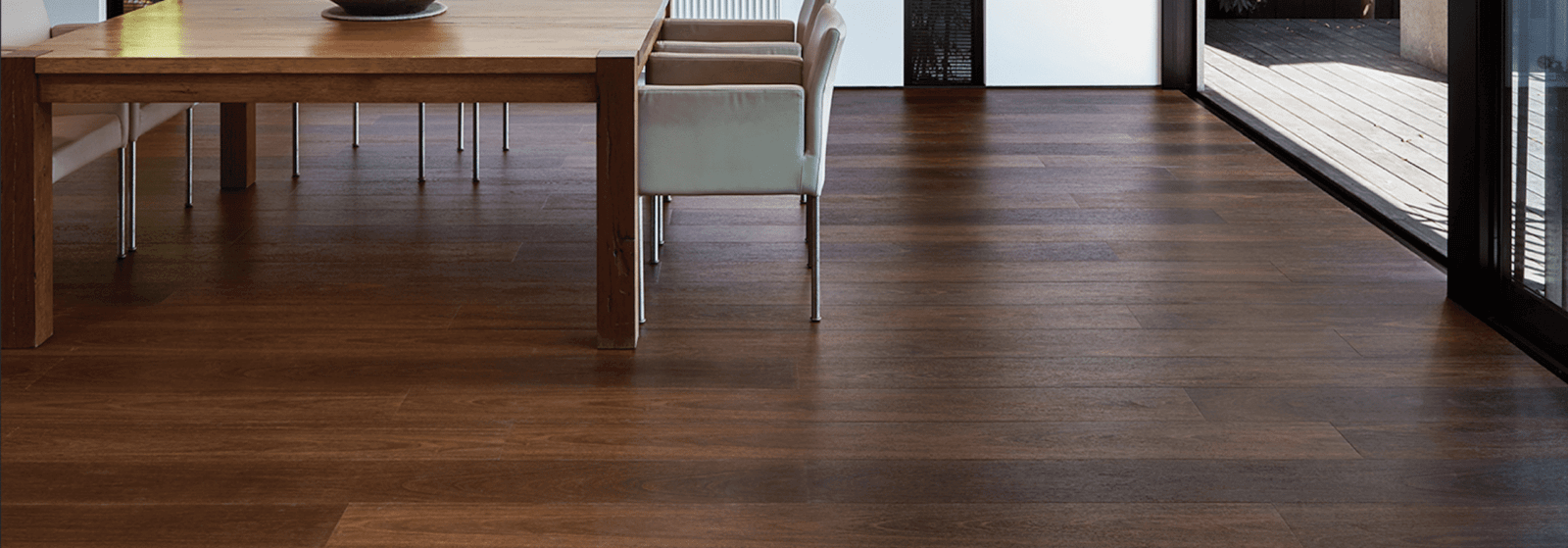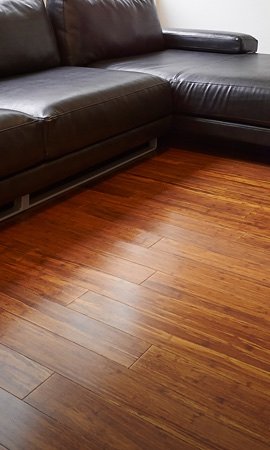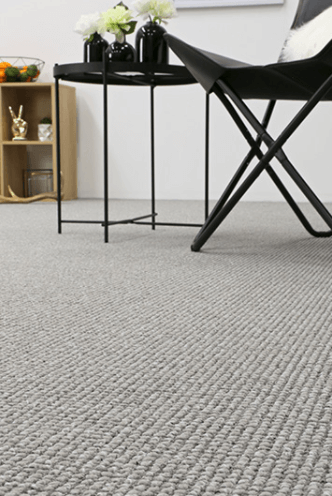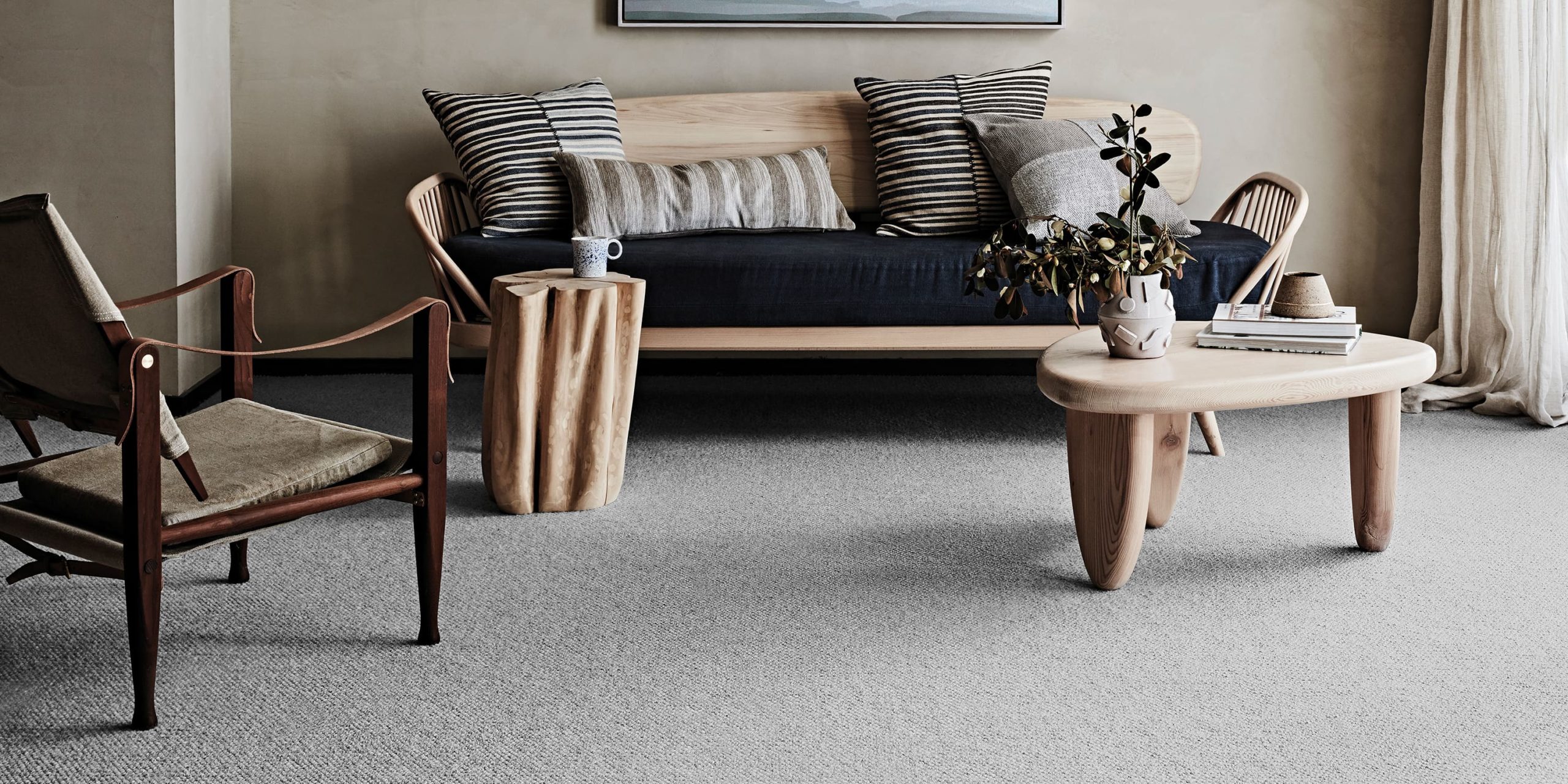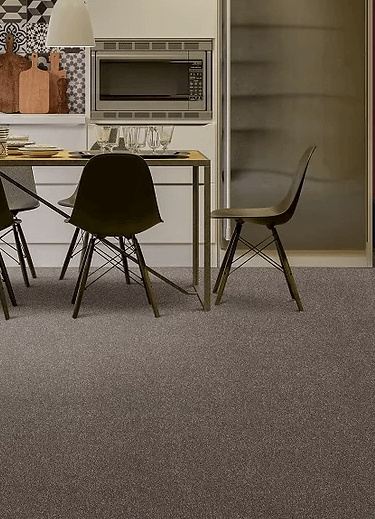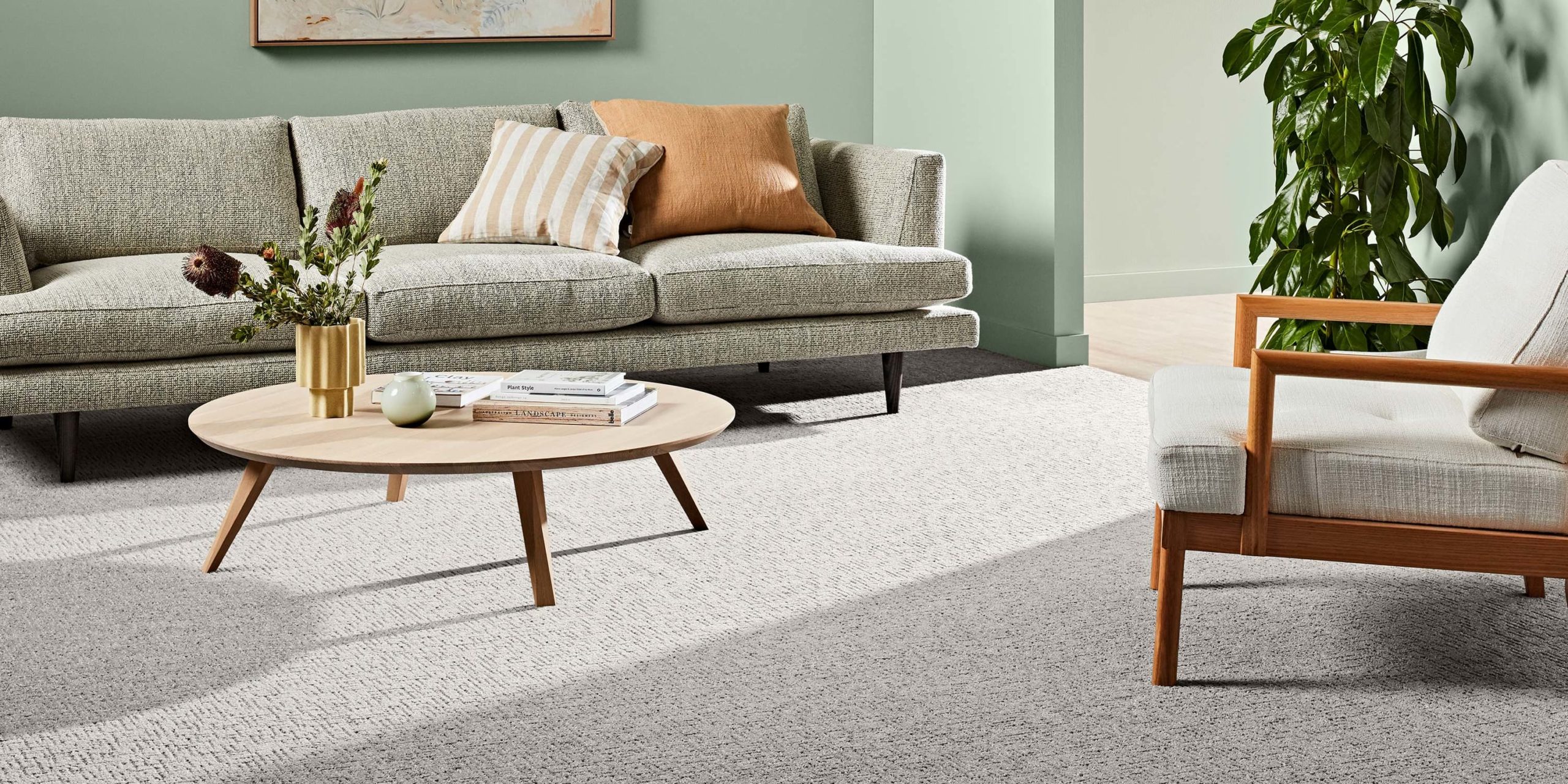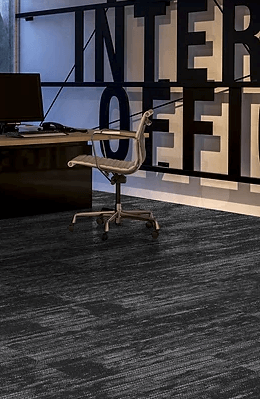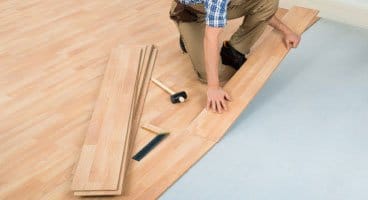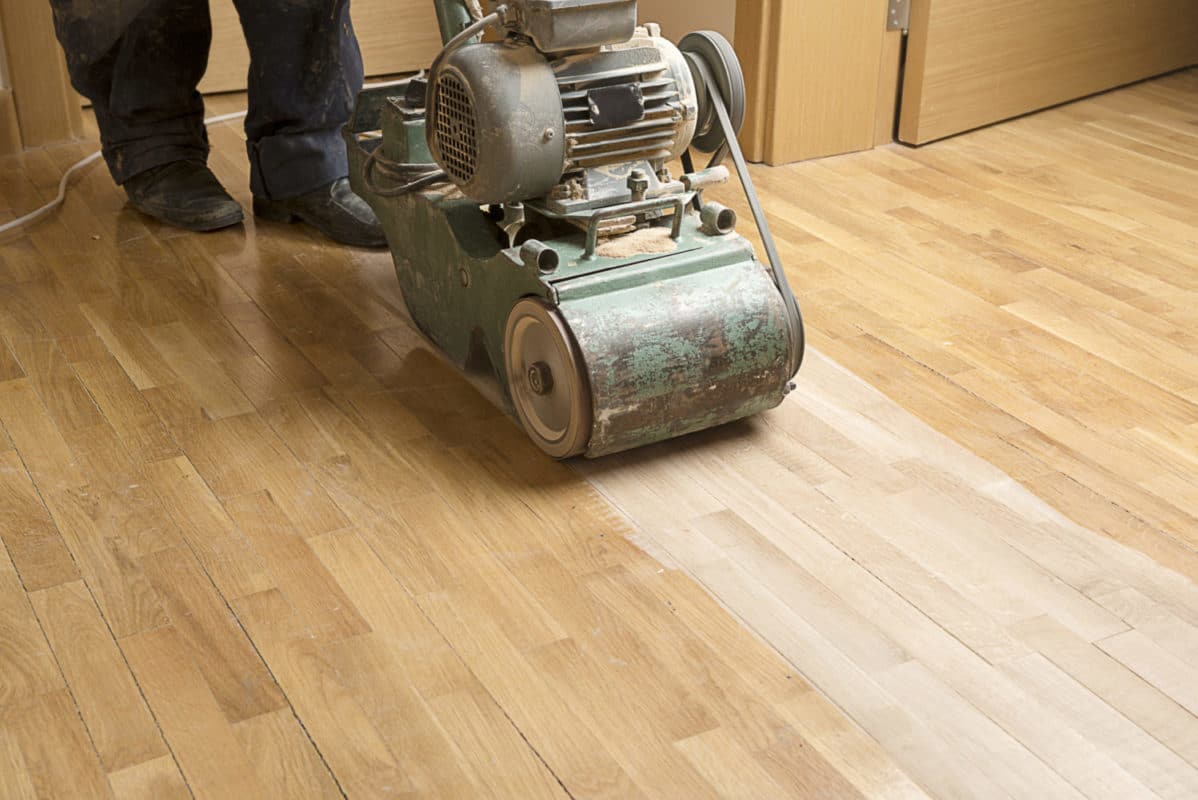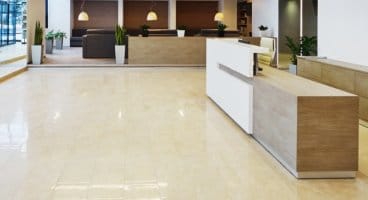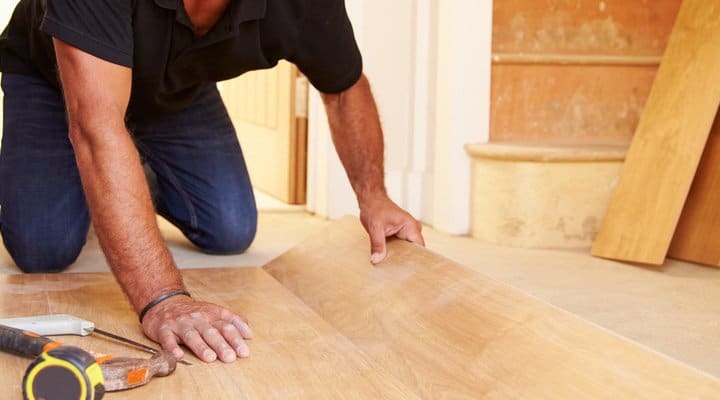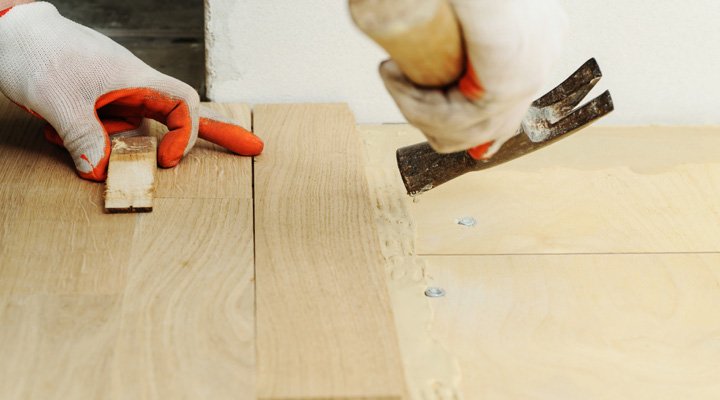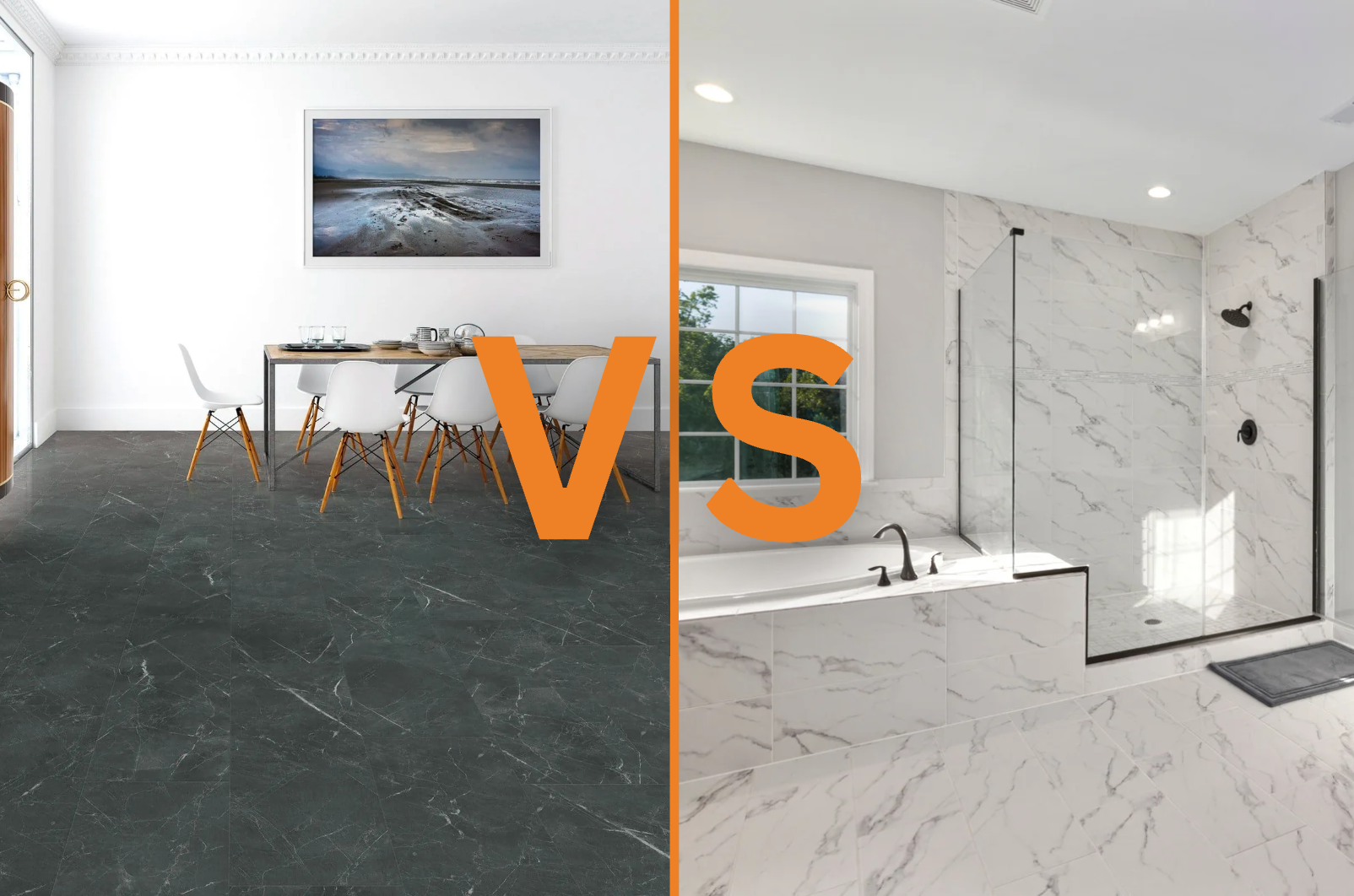

24 Jan Are Hybrid Tiles Any Good? Hybrid Floor Tiles vs Porcelain & Ceramic Tiles
Tiles are known to be luxurious and waterproof, a perfect addition for living areas and kitchens where you’ll find liquids and high foot traffic. However, not everyone enjoys the cold surface of a tile underfoot, and installing tiles can cost a lot more than flooring or carpets!
You can choose hybrid flooring that looks and feels just like a tile. You won’t be able to tell the difference! What exactly is a hybrid tile, and how does it compare against tiles? This article will arm you with the knowledge to decide whether hybrid flooring tiles are the right fit for your home.
What Is A Hybrid Tile?
A hybrid tile (not to be confused with vinyl floor tile) is essentially an artificial tile made from stone and plastic. If you have heard of hybrid flooring, it’s the same thing, except with a print and surface embossing that replicates stone, marble or porcelain instead of timber.
For the uninitiated, hybrid flooring is a floor covering that is usually made from stone and plastic and offers many benefits. They are easy to install, easy to maintain, and difficult to damage. Most of all, hybrid flooring is 100% waterproof. Hybrid tiles also share the properties of normal hybrid flooring and have been a very popular alternative to actual tiles.
Hybrid Tile Flooring Composition:
- Surface Wear Layer – Durable surface layer that protects the floor from wear and tear. These are also easy to clean and warm underfoot. They also offer easy cleaning and
- Tile Design Print Layer – Gives the hybrid floor the look of stone, marble or timber without using any stone, marble or real timber!
- Stone & Plastic Core – A rigid core construction that makes both waterproof and durable, in other words, the perfect flooring option for residential use.
- Pre-attached Underlay (Optional) – An acoustic performance foam padding is often attached to the bottom of each plank to reduce noise transmission.
![]()
![]()
Real Tiles vs Waterproof Hybrid Flooring Tiles
Surface Durability
Real tiles are renowned for their exceptional durability, making them a long-lasting flooring option. Composed of materials like ceramic, porcelain, or natural stone, real tiles exhibit high resistance to wear, scratches, and heavy foot traffic.
Hybrid tiles on the other hand are still hardwearing, however cannot compete when comparing apples to apples against wear and tear. Overall, porcelain, ceramic and even travertine are more hard-wearing than hybrid flooring.
Winner: Real Tiles
Waterproofing
Both real tiles and hybrid flooring tiles excel in waterproofing, ensuring peace of mind against moisture and spills. Real tiles, typically made of impermeable materials like ceramic or porcelain, naturally resist water penetration. On the other hand, waterproof hybrid flooring tiles, feature a layered core construction. They protect against water damage by artificially engineering a non-porous core.
Winner: Tie, both are waterproof.
Visual Design
Real tiles stand out in the design category, offering a diverse range of styles and patterns to suit various aesthetics. Available in an array of materials, such as marble, granite, or porcelain, real tiles provide authentic and timeless looks that can mimic natural elements.
Modern technology makes hybrid tiles look very similar to the real deal. They use a decorative layer that emulates the look of real stone or marble, alongside a stone feel surface. Whilst real tiles are better, the next generation of hybrid tiles isn’t far behind.
Winner: Real Tiles, Not By Much!
![]()
![]()
Comfort Underfoot
The biggest drawback of tiles is the cold and unforgiving hardness underfoot. Hybrid flooring tiles take the lead in comfort, offering a softer and warmer underfoot experience compared to their real tile counterparts.
The hybrid construction, often incorporating materials like cork or foam layers, provides a cushioning effect, making the flooring more forgiving and comfortable to walk on. This added comfort is especially beneficial in areas where people tend to stand for extended periods, such as kitchens.
Winner: Hybrid Tiles Are More Comfortable
Longevity
Real tiles secure the top spot in terms of longevity, boasting a reputation for enduring performance over extended periods. The inherent durability of materials like ceramic, porcelain, or natural stone contributes significantly to the long lifespan of real tiles. With proper maintenance and care, real tiles can withstand the rigours of daily use and maintain their original appearance for decades.
Winner: Real Tiles
Material & Installation Cost
Hybrid flooring tiles emerge as the cost-effective winner in this category, providing a budget-friendly alternative to real tiles. The manufacturing processes and materials used in hybrid tiles often result in a more affordable product compared to traditional real tiles made from premium materials like ceramic or natural stone. Furthermore, they are much more lightweight!
The installation cost of tiles is also much higher than floating hybrid floors. Tiles require glue down or sand and cement whereas hybrid floating floors simply click-lock together like a jigsaw puzzle.
Winner: Hybrid Tiles
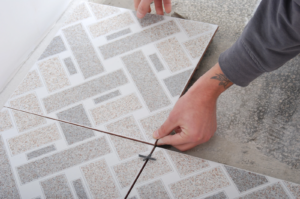

DIY Friendly
Hybrid tiles take the lead in the installation category, offering a more straightforward and efficient process compared to real tiles. The innovative design of hybrid flooring often includes features like click-and-lock systems, allowing for easy and quick installation without the need for adhesives or grout.
Winner: Hybrid Tiles
What About Vinyl Floors In Tile Designs?
You may have heard of vinyl tiles. This is the older version of hybrid tiles that feel a little more plasticky because they are made completely from PVC. Vinyl floor tiles are more popular in commercial spaces that prioritise function over looks.
FloorVenue also stocks many vinyl flooring options. These are particularly suitable if you are looking to put new flooring in a commercial space.
Which Hybrid Tiles Brands Does FloorVenue Offer?
StoneFloor Tile & Marble Design Flooring
StoneFloor hybrid flooring is a pioneer in the hybrid tile flooring industry. They represent a modern and innovative approach to flooring that combines the aesthetic appeal of natural stone with the practical advantages of hybrid construction.
The planks come in 8mm thickness and a variety of marble and stone designs. Whilst they are priced higher than your average hybrid tile, these are a premium option. StoneFloor does not come with existing underlay which means you can choose from our range to suit your needs.
You can explore the full range of Stone Floor Marble and Stone Floor Tile designs here!
![]()
![]()
Apollo Stone Hybrid Tile Flooring
Apollo Stone hybrid flooring is manufactured by Godfrey Hirst, a major wholesaler of both flooring and carpets. This comes in a mid-range price point.
Whilst not as thick as StoneFloor, Apollo Stone offers a 6.5mm thick hybrid floor tile that comes in a multitude of colours including concrete, stone and marble designs. They also come with pre-attached foam underlay for noise reduction.
I recommend visiting one of our showrooms in person to view these colours as they are not yet on our website.
Conclusion – Are Hybrid Tiles Any Good?
Hybrid tiles stand out as an exceptional flooring choice, seamlessly blending innovation with practicality. Their versatile and realistic designs mimic natural materials, offering a wide range of aesthetic options without compromising on performance. The hybrid rigid core construction features resilient cores with water-resistant surfaces and a durable wear layer.
Looking to shop for hybrid floor tiles? Look no further than FloorVenue when getting a new floor! Our experts would love to help you choose and install the perfect floor for your house!

